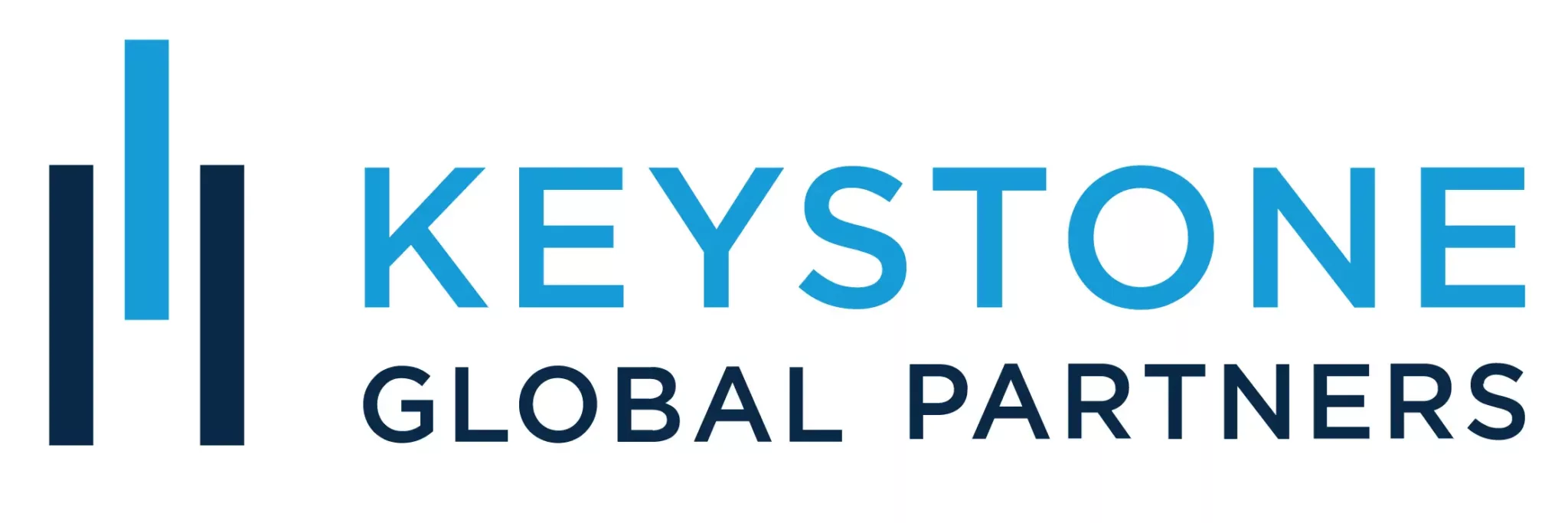The IRS has recently announced the tax brackets and inflation adjustments for the 2025 tax year. These changes reflect a more modest increase compared to previous years, with adjustments of approximately 2.8% from 2024 levels.
This smaller adjustment is due to the cooling of inflation in the United States, which has reached its lowest level in three years.
2025 Tax Brackets
For the 2025 tax year, the marginal tax rates remain the same, but the income thresholds for each bracket have been adjusted. Here are the updated brackets for single filers and married couples filing jointly:
- 37% for incomes over $626,350 ($751,600 for married couples filing jointly)
- 35% for incomes over $250,525 ($501,050 for married couples filing jointly)
- 32% for incomes over $197,300 ($394,600 for married couples filing jointly)
- 24% for incomes over $103,350 ($206,700 for married couples filing jointly)
- 22% for incomes over $48,475 ($96,950 for married couples filing jointly)
- 12% for incomes over $11,925 ($23,850 for married couples filing jointly)
- 10% for incomes $11,925 or less ($23,850 or less for married couples filing jointly)
It’s important to remember that the U.S. tax system is progressive, meaning that these rates apply only to the portion of income that falls within each bracket.
Standard Deduction
The standard deduction for 2025 has also been increased:
- Single taxpayers and married couples filing separately: $15,000 (a $400 increase)
- Heads of household: $22,500 (a $600 increase)
- Married couples filing jointly: $30,000 (an $800 increase)
Taxpayers who are 65 or older can take an additional standard deduction of $2,000 for single filers and $1,600 for others.
Retirement Plan Contribution Limits
The IRS has also announced higher contribution limits for retirement plans in 2025:
- The maximum contribution for 401(k), 403(b), and 457 plans will increase to $23,500, a $500 increase from 2024.
- The catch-up contribution limit for most plan participants age 50 and older remains unchanged at $7,500.
- A new provision allows plan participants aged 60-63 to make additional catch-up contributions of up to $11,250 in tax year 2025.
Capital Gains Tax Thresholds
The income thresholds for capital gains tax rates have also been adjusted for 2025:
- 0% rate: Applies to individuals earning up to $48,350 and married couples earning up to $96,700.
- 15% rate: Applies to single filers earning between $48,350 and $533,400, and married couples earning between $96,700 and $600,050.
- 20% rate: Applies to single filers earning above $533,400 and married couples earning above $600,050.
Other Adjustments
- The federal estate-tax exclusion amount will increase to $13.99 million in 2025.
- The tax-free gift limit will rise to $19,000 per recipient.
- The maximum Earned Income Tax Credit (EITC) for a family with three or more children will increase to $8,046.
Some provisions remain unchanged for 2025, including the SALT deduction cap of $10,000 and the Child Tax Credit of $2,000. These adjustments aim to prevent “bracket creep,” where inflation pushes taxpayers into higher tax brackets without a real increase in their standard of living.
As always, it’s advisable to consult with a tax professional for personalized advice on how these changes may affect your specific financial situation.


